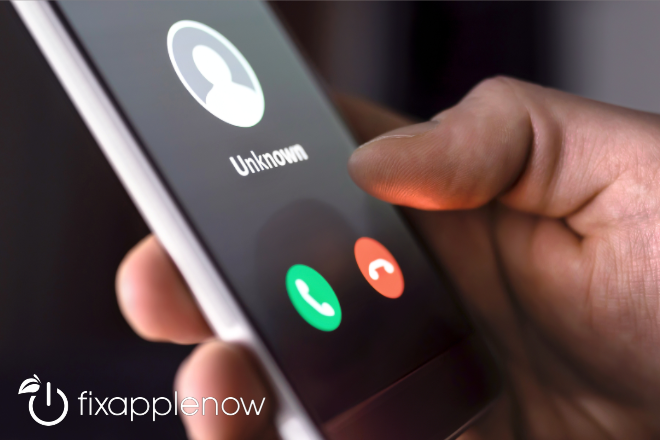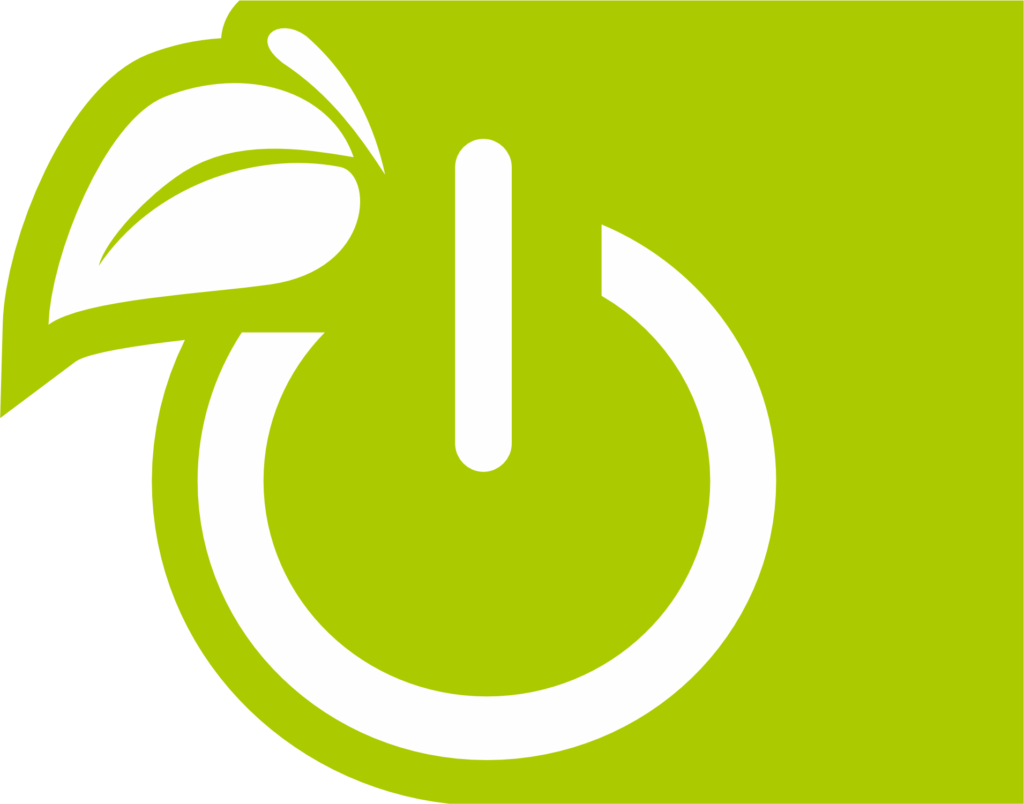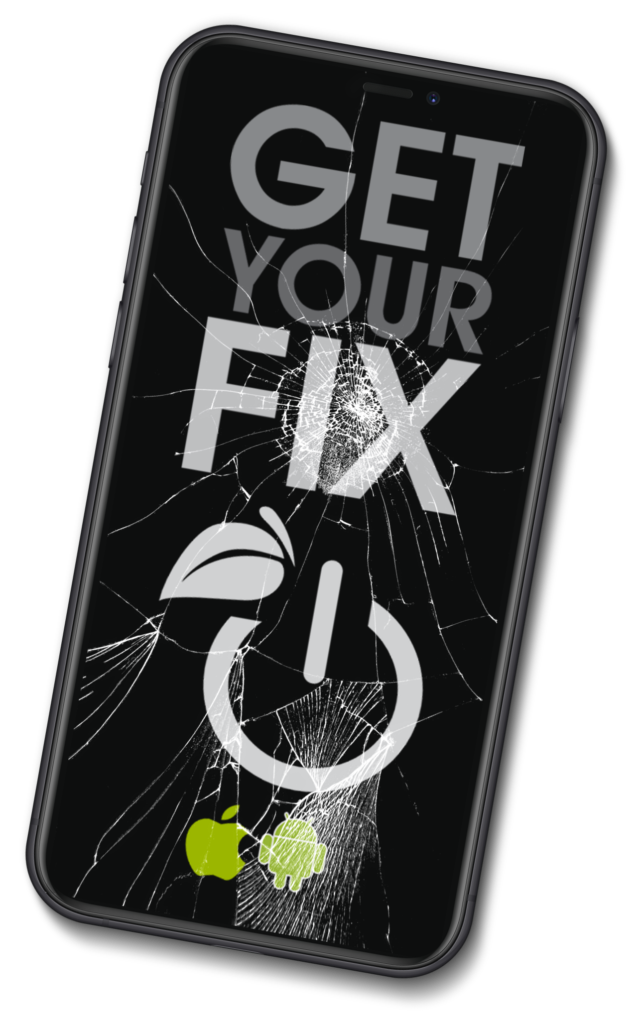How to Stop Robocalls on Your iPhone

If it seems like you’ve been getting a lot of robocalls lately, it’s not just you. iPhone spam has become more common than ever. At best, robocalls disruptive and annoying. At worst, people can be scammed by illegal operations. Unfortunately, there’s no way to stop these iPhone spam calls from happening for good, but there are steps you can take to stop robocalls on your iPhone. Let’s look at options for your Apple.
iPhone spam and the law
A spam call or robocall is any phone call that plays a prerecorded message when you answer. Many times you can’t tell the difference between a real person or recorded one, however, most of these calls are illegal. According to the Federal Trade Commission, they are allowed under certain circumstances. You can stop robocalls, unless the iPhone spam is:
- Coming from a political candidate or charity
- It’s passing along information, like school closures, without trying to sell you anything
- Calls from a debt collector
- A company requested your permission to make robocalls to you and you agreed
Other than that, iPhone spam is against the law. So why is it so common? Unfortunately, it’s a cheap and easy way to quickly call people in massive numbers over the internet. The FTC shuts down these operations whenever they can, but so far it’s been a losing battle. That’s one reason the Do Not Call Registry hasn’t been as effective – many of the people making iPhone spam calls don’t care that they’re breaking the law. So how do you stop robocalls?
The good news is that lawmakers are working to change the system to help protect our privacy. In July 2019, the House of Representatives passed the Stopping Bad Robocalls Act. This act will require carriers to provide free robocall blocking software for their customers and equip the FTC with better tools to track and stop robocalls. It still needs to pass the Senate, but it’s expected to be signed into law by the end of 2019.
In the meantime, you can help the FTC build its database of illegal robocallers by reporting any illegal iPhone spam you receive. To help stop robocalls, you can file a report online with the Complaint Assistant.
How wireless carriers stop robocalls
There are steps you can take to stop robocalls, but the details vary depending on which carrier you choose. Let’s look at the four major carriers and the iPhone spam protection they offer:
- T-Mobile labels calls that are likely to be iPhone spam as a free service for their customers. They also offer a free opt-in service called Scam Block that automatically blocks all calls from known or suspected robocallers. If you want more protection, you can help stop robocalls by signing up for NameID at $3.99 a month, which will let you see the name and location of everyone who calls you.
- Verizon offers a free opt-in service called Call Filter that displays details about who’s calling you and allows you to stop robocalls. They also have a more advanced service called Call Filter Plus for $2.99 a month and provides more options, like creating spam and block lists.
- AT&T is working hard for their customers, by offering a free app called Call Protect, which filters or categorizes iPhone spam calls, that helps create a custom-block list. Like the other carriers, it also offers a Plus version, which costs $3.99 a month and offers enhanced caller ID and reverse number lookup to help stop robocalls.
- Sprint offers an app called Premium Caller ID for $2.99 a month to help stop robocalls. It will share details about everyone who calls you directly, as well as identify potential iPhone spam.
It is recommended that you call your carrier to find out what they do to stop robocalls for your plan. Your carrier may provide all of the iPhone spam protection you need for a fee, but there are other apps to consider that are built to help stop robocalls.
Try these apps to stop robocalls
iPhones let you set up a list of numbers you want to block, but that by itself won’t prevent iPhone spam calls from reaching your phone since it is impossible to know every spammer. But there are several iPhone spam apps you can download that will work with the call-blocking features to help protect you from robocalls.
Some of the most popular apps include:
- Robokiller is a widely used app that identifies and stops robocalls before they get through to you. It uses bots to answer the calls on your behalf, recording the conversation that you can listen to later for your own amusement. You can also temporarily pause call blocking if you are expecting a call from an unknown number. Robokiller offers a free one-week trial, then costs $2.99 a month.
- Hiya is a free iPhone spam prevention app that identifies and stops robocalls while giving you detailed Caller ID information. It sorts robocalls into different categories, like spam, telemarketer, and debt collector. For more advanced features, you can subscribe to their Premium service for $2.99 a month.
- Truecaller is a free app that identifies potential iPhone spam callers and texters so you can block them. It uses information provided by Truecaller users to help maintain a database of spam numbers, which are automatically blocked from calling your phone. You can make calls, send texts, and chat within the app, however, for more services, you can upgrade to a Premium account for $1.99 a month.
- Call Control is a free app that helps stop robocalls based on the data provided by users. You can also set up a personal block list that includes any numbers you don’t want to hear from. To access more features, you can subscribe for $9.99 per quarter.
How to set up the app to help stop robocalls
Once you’ve downloaded the app that works for you, you’ll need to set it up on your iPhone. Go to Settings > Phone, then tap Call Blocking & Identification. There will be a section called “Allow These Apps to Block Calls and Provide Caller ID.” The app you’ve downloaded should be listed there. Simply turn it on.
What to do when you receive a robocall
Despite your best efforts, you may occasionally answer the phone and realize the caller is just more another robocall. This is likely when the spammer is spoofing their number, meaning that the information you see on your phone’s Caller ID is not real. When you receive an unwanted robocall, the Federal Communications Commission has this advice:
- Hang up immediately. If you speak or interact with the call, such as pressing a key to “speak to a representative,” you’ll confirm that your phone number is currently working. The spammer may then continue calling you or even sell your number to other robocallers.
- Never give out any sensitive information over the phone. If a caller asks for your credit card number or Social Security number, it’s most likely a scam. Legitimate businesses and government organizations won’t ask for this information over the phone.
- Hang up if the caller claims to be from any government agency, but you haven’t received any kind of written communication from them. You can find that agency’s number online and call them if you want to confirm that the call was iPhone spam.
- Report the number to them to add them to an robocall list.
Beware: Common Phone Scams
Many iPhone spam calls are just trying to sell you something. They’re a nuisance, but at least they’re easy to identify and ignore. Some robocalls, however, are more dangerous. They use dishonest and illegal techniques to try to scam people out of money and their private data. Some of the most common phone scams to watch out for include:
- Fake government agents. These scam calls are so common that you may have received one before. Someone impersonating an IRS agent or an immigration officer will claim that you’re in legal trouble and try to get you to make a payment over the phone. They may even threaten arrest or deportation. This is not how any real government agencies operate. It’s just a kind of iPhone spam designed to frighten people.
- Calls for “help.” Some spam callers will pretend to be a friend or relative who is in trouble and needs money right away. These scams usually target senior citizens, who may not be as savvy about phone scam techniques. Make sure your older family members know that if they receive a phone call from an unknown number claiming to be a loved one, they should hang up and call that person directly.
- Fake tech support. In some scams, the caller pretends to be from a tech company like Apple, then claims there’s a problem on your computer that they can fix remotely. They’re actually trying to persuade you to download spyware so they can access your personal data. If an unknown caller wants access to your computer, just hang up.
- Bank “alerts.” Some robocallers will pretend to be from your bank and tell you that they are calling to alert you of suspicious activity or possible fraud. These calls may sound legitimate at first but be suspicious if the caller starts asking for any sensitive information, like your account numbers or passwords. Hang up without answering any of their questions. Call your your bank to confirm that the call was not really from them.
You may already know about some of these techniques already, but in order to stop robocalls, we all need to stay on top of the latest prevention tactics. Always be cautious when answering a call from an unknown number, and just hang up if there’s any sign the caller shouldn’t be trusted. The longer you spend engaging with an spam caller, the more time they have to gather information or try to manipulate you.
The future of iPhone spam prevention
The FTC and Congress aren’t the only ones who take the problem of spam calls seriously. Apple is also taking steps to help their customers avoid robocalls. When iOS 13 is officially rolled out later this year, it will include a new feature to combat unwanted spam. If you’re using iOS 13 already as a beta tester, you can take advantage of this feature now to help stop robocalls.
This new feature is called “silencing unknown callers.” You can turn it on by going to Settings > Phone, then scrolling down to “Call Silencing and Blocked Contacts.” Simply turn on the “Silence Unknown Callers” feature to help stop robocalls.
What exactly will this do? Any call from a number your iPhone doesn’t recognize will go directly to voicemail, without your phone even ringing. And that doesn’t just include numbers from your contacts – Apple’s AI will include phone numbers from your messages and emails to make sure people you have communicated with before will be able to call you.
We’re definitely looking forward to iOS 13 roll out and the new spam prevention feature to help stop robocalls in our lives. Of course, one downside to the new update is that any calls you received from numbers your phone doesn’t recognize might get screened out. So, if you’re expecting a call, be sure to keep an eye on your voicemail to make sure you don’t miss it.
With all of the actions being taken by the FTC, Congress, and companies like Apple to combat robocalls, we’re confident that the situation will improve over time. Until then, there are plenty of apps to choose from that will reduce the number of disruptive robocalls.
Apple experts
At Fix Apple Now, we’re not just Apple repair techs – we’re Apple fanatics. We keep up with new tech developments so we can provide the services and information you need. We don’t receive compensation for any of our tips or carrier info; we simply want to ensure our Apple fans stay safe and alert of new technologies and smarter apps for iPhone.





